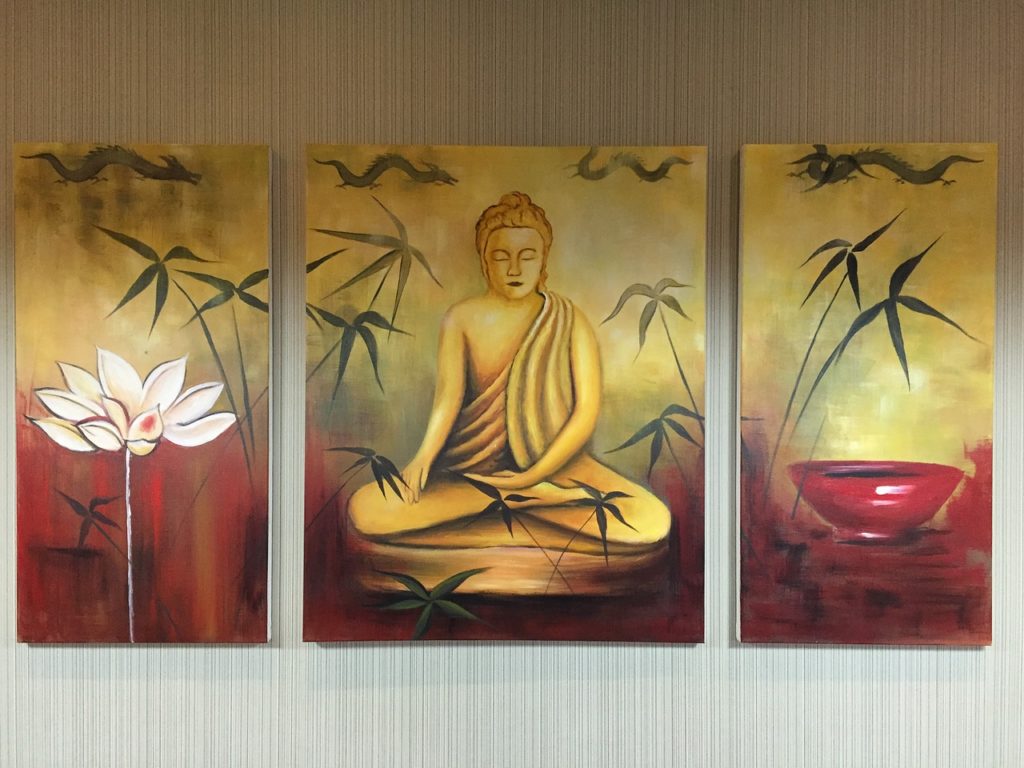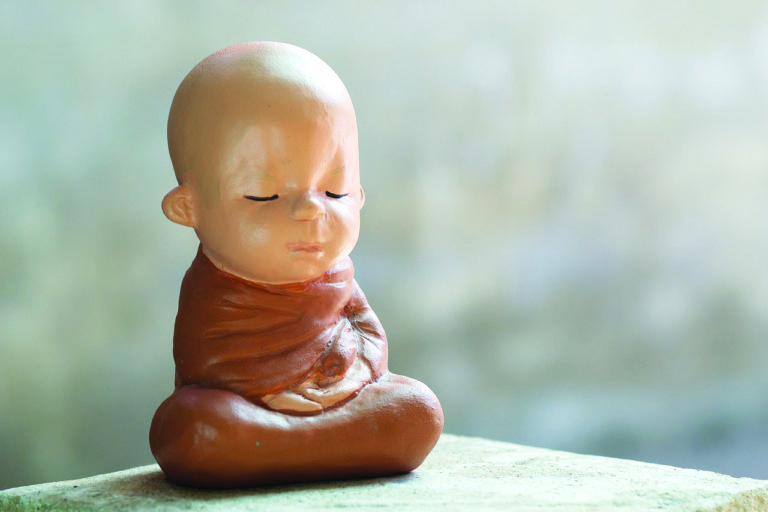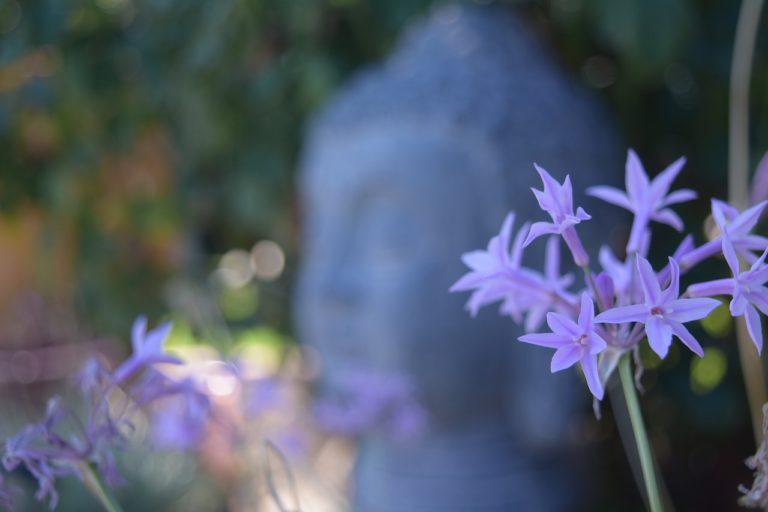
Buddhism says we should see friends and enemies as equal. This means we should learn to tolerate unfriendly people, unideal environments, and language that is hard on the ears. There is a saying, “When working, you wish to do what is hard. When living with others, you should wish to live with those who are difficult.” If a task is difficult, do it without hesitation. Doing so shows what we are capable of undertaking. We should conduct ourselves to maintain harmony and resolve conflict with difficult people. If we face others with an accepting spirit, our lives will become much easier.
When we meet people in this world who are of poor character, we should be more lenient with them. That way, we can change their ways. Magnanimity to others is the most beautiful action in the world. All it takes for us to help ourselves and other people is to give a little space, understanding, and tolerance. Look upon all things with a heart of tolerance. Learn to accept all things into the mind.
The world is the world of the mind, and sentient beings are the sentient beings of the mind. If we can’t accept all things, the mind will give rise to anger and we will find ourselves constantly in disputes.
Of all the angry people you have seen, which among them was beautiful? Their faces are ferociously flushed and wicked speech pours from their lips. They have a ghastly appearance, and cause people displeasure. One could hardly call their appearance elegant or proper.
The Great Perfection of Wisdom Treatise says,
“Anger deserves the greatest blame. Of all mental ailments, it is the hardest to cure.”
Anger is a mental ailment, and the most difficult to treat. There is a Buddhist saying, “When one thought of anger arises, hundreds of thousands of obstacles are created.” In the natural world, earthquakes are the frightening force. Typhoons are also terrible. However, the fires of rage within the mind put the former two to shame. Once anger arises in people, they frequently lose their sense of reason. They put aside their morals and can loose their sense of humanity.
The Teachings Bequeathed by the Buddha Sutra says,
“Anger is like a fierce fire. We must constantly guard against it, so that it does not enter. Among all things that steal our merit, there is none greater
than anger.”
Anger is a power greater than a surging fire. Not only does it keep people from having an elegant, proper form, but it cuts off their wisdom, burns their wholesome roots, and gives rise to obstructions. Everyone should be careful to protect themselves from anger.
Once, Sariputra, one of the Buddha’s great disciples, ran into an old friend of his and exclaimed in surprise, “Oh my, is something wrong? Why do you have such a fierce expression on your face?” His friend replied, “Lately, I have been carving statues of demons.”
There is a saying, “What we sincerely feel inside will manifest outside.” Since Sariputra’s friend carved so many fierce, fanged faces of demons, his own face gradually take on their angry features. Later, on Sariputra’s advice, the sculptor began carving dignified Buddha statues instead. Slowly, Sariputra’s friend became more pleasing to the eye. From then on, each time Sariputra saw him he would happily comment, “You have taken on such a dignified appearance now.”
All phenomena arise from the mind. The mind can change a person’s appearance. Someone who is frequently angry will develop a ferocious appearance. Someone with a mind that is always gentle will have an appearance that emanates kindness.
The Flower Adornment Sutra says,
“The mind is like an artist, it can paint all things.” We can paint an image of ourselves that is a saint or an ordinary person. The life we have depends on how we choose to create ourselves in the mind.
If we have less anger, our lives will transform and become more peaceful. If we find ourselves resenting or blaming others, we should avoid looking for faults in those who do not treat us well. Instead, we should change our perspective and think: “My own compassion, capacity, and respectfulness are insufficient. It is me who is being too selfish…” When we begin to think in this manner, our attitude will change and our hearts will grow.
From Ten Paths to Happiness, written by Venerable Master Hsing Yun.
Image from Pixabay.












